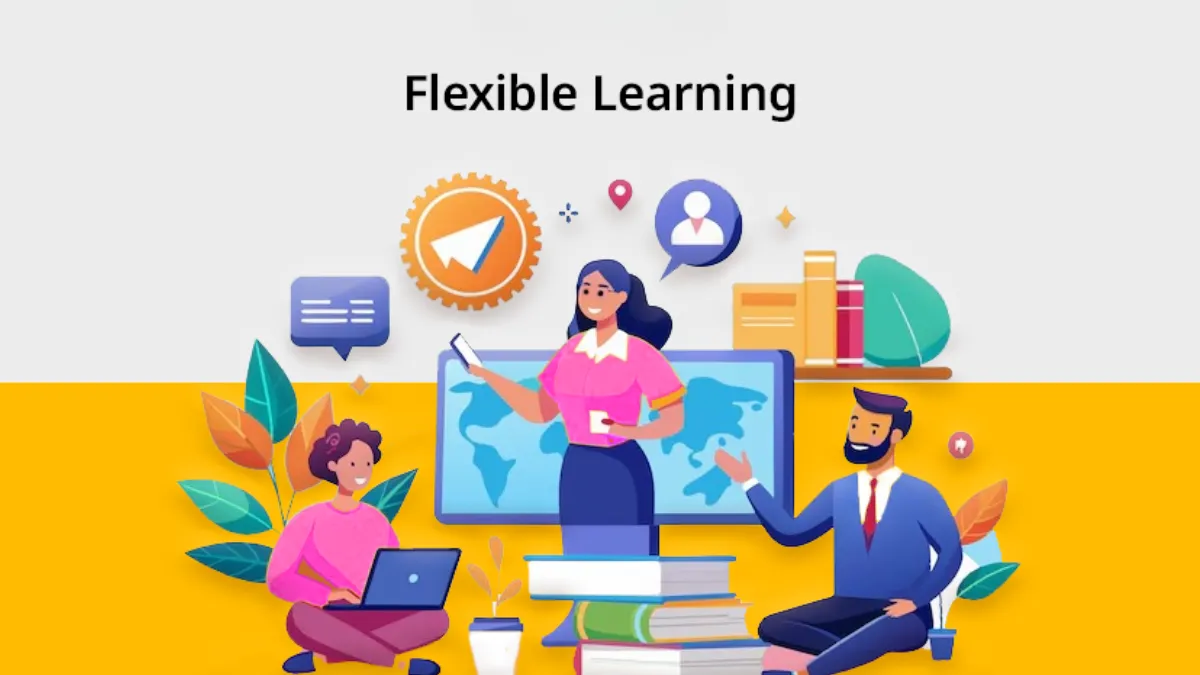Education is one of the most powerful tools available to individuals and societies alike. It opens doors to opportunities, promotes economic and social development, and plays a vital role in creating a more equitable and progressive world. The importance of education goes beyond acquiring knowledge—it empowers individuals, strengthens communities, and shapes the foundation for a better future.
Why Education Matters
Empowering Individuals

Education equips people with the skills and knowledge they need to navigate life. It fosters critical thinking, communication, problem-solving, and decision-making abilities. These qualities empower individuals to make informed choices and contribute positively to their families and communities.
Breaking the Cycle of Poverty
Access to education is a proven pathway out of poverty. When people receive quality education, especially in low-income regions, they gain access to better employment opportunities and can improve their standard of living. Educated individuals are more likely to be employed, earn higher wages, and secure economic independence.
Promoting Social Equality
Education helps to level the playing field. It provides everyone, regardless of their background, an equal chance to succeed. By giving people access to knowledge and opportunities, education works to eliminate social and economic disparities.
Strengthening Democracy and Civic Engagement
An educated population is more likely to engage in civic activities, understand their rights, and participate in democratic processes. Education promotes awareness, critical analysis, and a sense of responsibility, which are essential for a healthy and functioning society.
Education and Economic Development
Driving Innovation and Productivity
Countries with a well-educated population often experience faster economic growth. Education fosters innovation by training people in various disciplines such as science, technology, and business. Educated workers are also more productive and adaptable in the rapidly changing global economy.
Attracting Investment and Global Competitiveness
A skilled and knowledgeable workforce attracts investment from both domestic and international sources. Nations that prioritize education are often more competitive on a global scale, encouraging advancements in infrastructure, industry, and commerce.
Boosting Entrepreneurship
Education inspires creativity and entrepreneurship. With the right knowledge and skills, individuals can start businesses, solve problems in their communities, and create jobs for others—leading to local and national economic improvement.
Social Benefits of Education
Improving Health Outcomes
Educated individuals tend to make healthier lifestyle choices, understand health risks better, and seek medical care when needed. Education is closely linked with lower infant mortality rates, improved maternal health, and increased life expectancy.
Reducing Crime Rates
Higher levels of education are associated with lower crime rates. Education provides individuals with better options and a sense of purpose, reducing the likelihood of engaging in criminal activity.
Promoting Gender Equality
When girls and women have access to education, the entire community benefits. Educated women are more likely to participate in the workforce, make informed health decisions, and invest in their children’s education—leading to intergenerational progress.
Education and Environmental Sustainability
Encouraging Environmental Awareness
Education helps people understand the impact of human actions on the environment. It promotes awareness about climate change, conservation, and sustainable living practices, encouraging people to adopt eco-friendly habits.
Preparing for Green Jobs
As the world shifts toward more sustainable practices, education is key to preparing workers for green jobs. From renewable energy to sustainable agriculture, educated individuals can contribute to building a more sustainable and resilient future.
Education in the Digital Age
Bridging the Digital Divide
Digital literacy is essential in today’s technology-driven world. Education systems that integrate digital tools and resources help bridge the digital divide and ensure equitable access to information and opportunities.
Online Learning Opportunities
The rise of e-learning platforms has made education more accessible than ever before. Students from remote or underserved areas can now learn from world-class educators, breaking traditional barriers to access.
Adapting to Future Job Markets
Automation and artificial intelligence are transforming industries. Education plays a crucial role in helping workers reskill and upskill, ensuring that they remain relevant and competitive in the evolving job market.
Challenges in Access to Education
Financial Barriers
Tuition fees, transportation costs, and lack of school supplies can prevent students from accessing education. Addressing these financial challenges is essential for achieving universal education.
Geographic and Infrastructure Limitations
In rural or conflict-affected regions, lack of schools and qualified teachers can limit access to quality education. Investment in infrastructure and teacher training is crucial for expanding access.
Cultural and Social Norms
In some societies, cultural beliefs and social practices can hinder educational access, especially for girls. Education policies must be inclusive and culturally sensitive to overcome such barriers.
The Role of Educators
Inspiring Lifelong Learning
Teachers are not just knowledge providers—they inspire curiosity, passion, and lifelong learning. Their influence shapes not only academic success but also personal development and character.
Creating Inclusive Classrooms
Educators play a key role in promoting diversity, equity, and inclusion. They can create learning environments that respect different backgrounds and support all students’ needs.
Embracing Technology and Innovation
Modern educators must embrace digital tools and innovative teaching methods to enhance the learning experience. By doing so, they can cater to diverse learning styles and improve educational outcomes.
Education for Global Citizenship
Fostering Tolerance and Peace
Education fosters understanding, tolerance, and respect for different cultures and perspectives. This promotes peaceful coexistence and reduces conflicts rooted in ignorance and prejudice.
Building Global Awareness
Through global education, students learn about international issues such as human rights, poverty, and environmental challenges. This awareness prepares them to become responsible global citizens.
Investing in Education for the Future

Government Commitment
Governments must prioritize education funding, policy reforms, and curriculum updates to ensure the system meets the needs of future generations.
Community and Parental Involvement
Communities and families play an essential role in supporting education. Engaged parents and local leaders can reinforce the importance of education and create a culture of learning.
Lifelong and Non-Formal Education
Education shouldn’t stop at school. Lifelong learning opportunities and non-formal education programs can help individuals of all ages stay informed, skilled, and empowered.
Also Read : Top 10 Best Universities In USA For Academic Excellence In 2025
Conclusion
Education is the cornerstone of progress. It transforms lives, uplifts communities, and lays the groundwork for a more just, inclusive, and prosperous society. The ripple effect of investing in education touches every aspect of human life—from economic growth to gender equality, from health to environmental sustainability. As we look toward the future, one truth remains clear: a better tomorrow starts with education today.
FAQs
1. Why is education important for the future?
Education is important for the future because it equips individuals with the knowledge and skills needed to face challenges, innovate solutions, and contribute to society and the economy.
2. How does education reduce poverty?
Education increases access to better job opportunities and higher incomes, helping individuals break the cycle of poverty and improve their quality of life.
3. Can education promote equality?
Yes, education promotes equality by giving everyone—regardless of gender, background, or socioeconomic status—equal opportunities to learn, grow, and succeed.
4. What is the role of education in health?
Educated individuals are more likely to make informed health choices, seek medical care, and raise healthier families, leading to improved public health outcomes.
5. How does education affect the economy?
Education increases workforce productivity, drives innovation, and supports entrepreneurship, contributing to national and global economic development.
6. What is the importance of digital education?
Digital education provides flexible, accessible learning opportunities and helps learners stay current with technological advancements and market needs.




